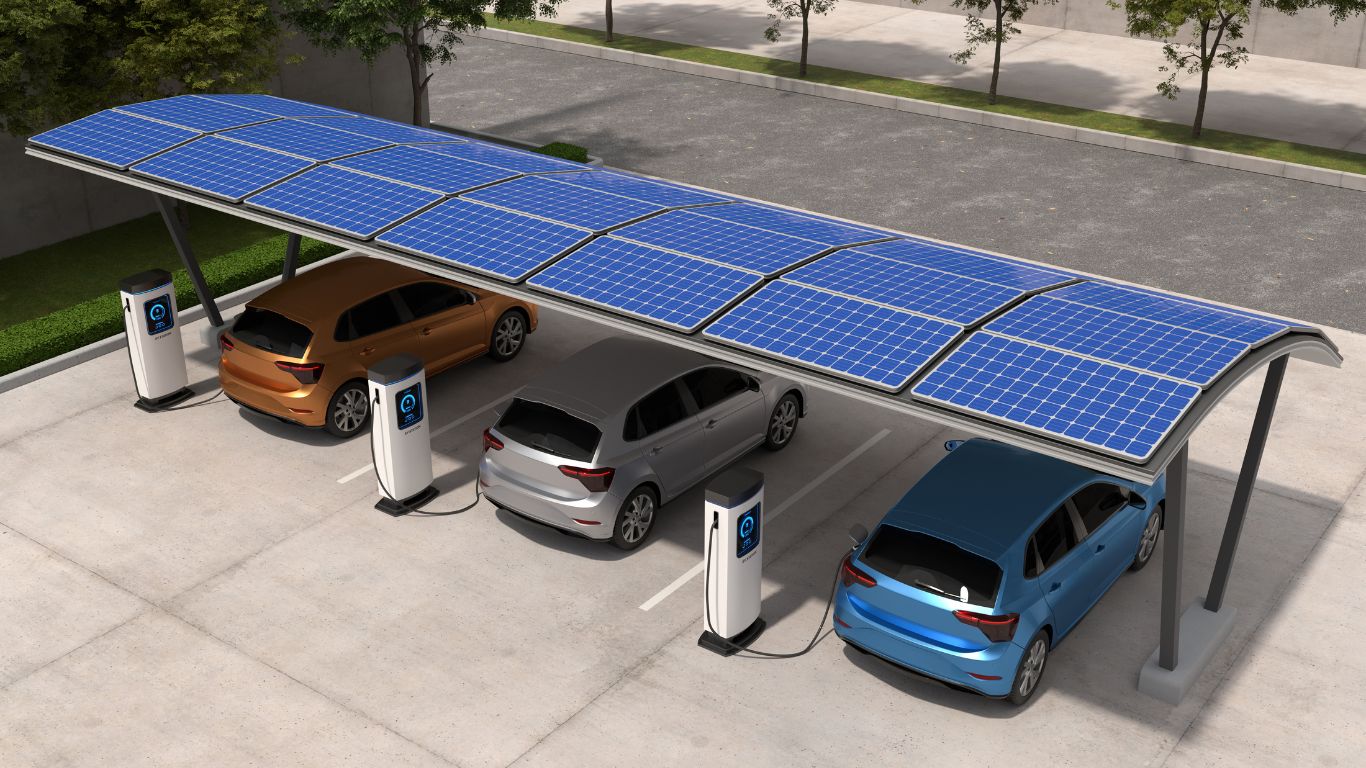Lithium-particle batteries have turned into the foundation of the electric vehicle (EV) upheaval, empowering progressions in battery production , material streamlining, and manageable energy arrangements. Their extraordinary effect has driven the quick extension of the EV market, forming the fate of transportation and energy utilization.
The Advancement of Battery Creation
Lithium-particle batteries are commended for their high energy thickness, lightweight plan, and long lifecycle. These characteristics have prodded the improvement of proficient battery creation cycles to satisfy the always expanding need for EVs.
Streamlining in Assembling
Makers ceaselessly refine creation procedures, zeroing in on amplifying energy yield and limiting battery size. This enhancement further develops EV execution, tending to customer concerns like driving reach and vehicle reasonableness.
Scaling for Reasonableness
As creation increases, economies of scale decrease producing costs. Lower costs have made EVs open to a more extensive crowd, helping overcome any barrier between customary vehicles and electric other options.
The Basic Job of Battery Materials
Battery materials like lithium, cobalt, nickel, and graphite are fundamental for the development of lithium-particle batteries. Their accessibility and moral obtaining are key elements in deciding the adaptability of EV innovation.
Lithium: The Energy Stockpiling Wonder
Lithium’s interesting properties permit it to store and delivery energy effectively, making it essential for EV batteries. In any case, the ecological effect of lithium extraction has ignited calls for reasonable mining rehearses and expanded reusing endeavors.
Cobalt and Nickel: Dependability and Thickness Enhancers
Cobalt and nickel add to battery dependability and energy thickness. With restricted cobalt saves and worries over unscrupulous mining rehearses, scientists are investigating choices, including sans cobalt battery sciences.
How Lithium Batteries Drive EV Market Extension
The ascent of lithium batteries has straightforwardly affected the EV market by addressing basic hindrances to reception.
Upgraded Vehicle Execution
Headways in battery innovation have worked on EVs’ driving reach, energy effectiveness, and charging times, making them serious with gas powered motor vehicles.
Collaboration with Charging Framework
Lithium batteries have catalyzed the improvement of far reaching charging networks, further boosting EV reception. This foundation extension guarantees comfort for customers and supports market development.
Supportability Difficulties and Open doors
While lithium batteries have changed transportation, challenges stay that could shape the business’ future direction.
Material Supportability
The developing interest for lithium, cobalt, and nickel highlights the significance of capable obtaining. Reusing drives mean to recuperate significant materials, decreasing reliance on extraction and advancing a roundabout economy.
Inventive Battery Advances
Cutting edge arrangements, like strong state batteries, guarantee higher energy thickness, upgraded wellbeing, and quicker charging. These developments could rethink the EV market, tending to existing impediments and speeding up development.
End
Lithium-particle batteries have changed the electric vehicle market, driving headways in battery creation and reshaping the worldwide interest for basic materials. By tending to supportability difficulties and embracing mechanical developments, the EV business is ready to lead the progress toward a greener, more feasible future. The proceeded with development of lithium batteries will without a doubt assume a crucial part in accomplishing this vision, fueling the portability arrangements of tomorrow.
FAQs
1. Why are lithium-ion batteries essential for electric vehicles?
Lithium-ion batteries are essential for EVs because they offer high energy density, lightweight construction, and a long lifecycle. These characteristics enable EVs to deliver longer ranges and better performance compared to older battery technologies.
2. What are the main materials used in lithium-ion batteries?
The primary materials include lithium, cobalt, nickel, and graphite. These materials contribute to the battery’s ability to store and release energy efficiently and provide stability.
3. How does battery production impact EV affordability?
As battery production scales up, costs per unit decrease due to economies of scale. This reduction makes EVs more affordable for consumers, promoting widespread adoption.



